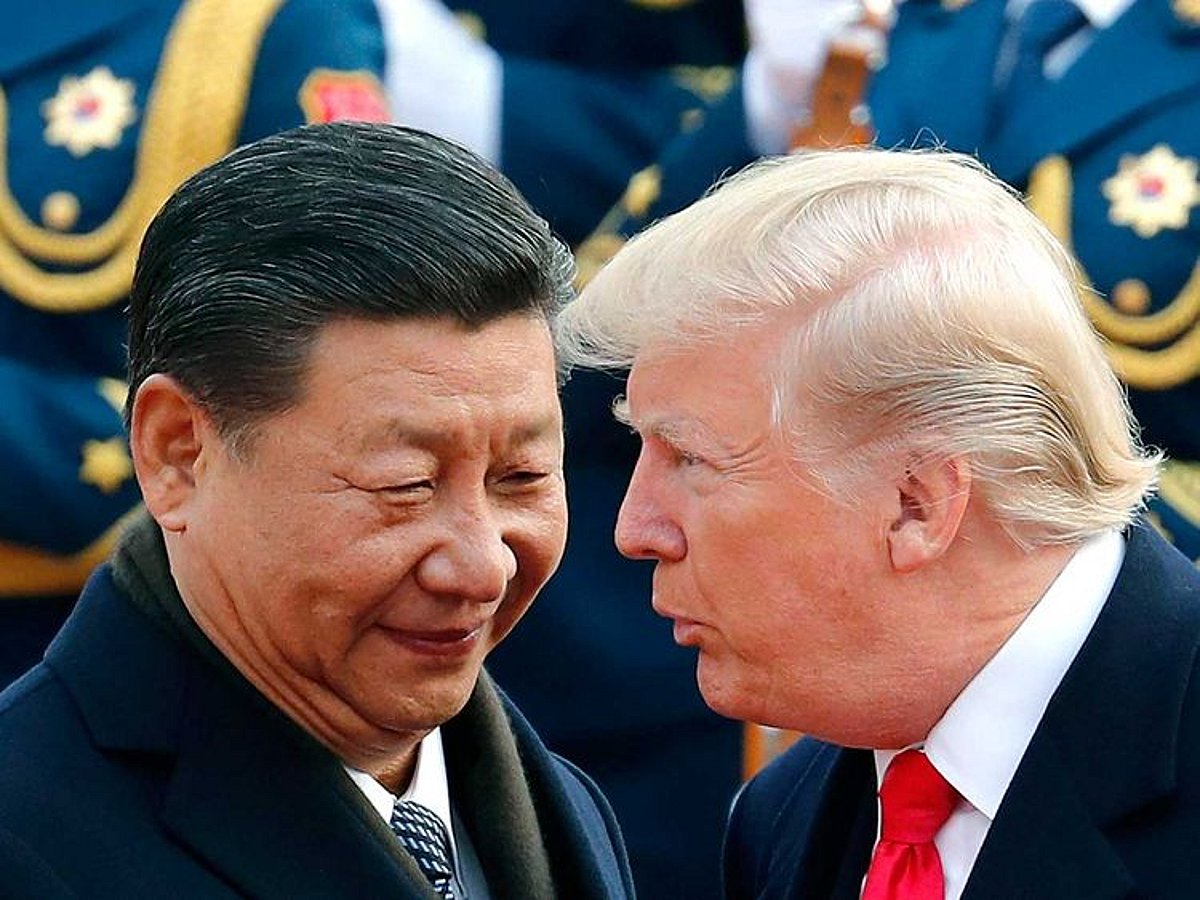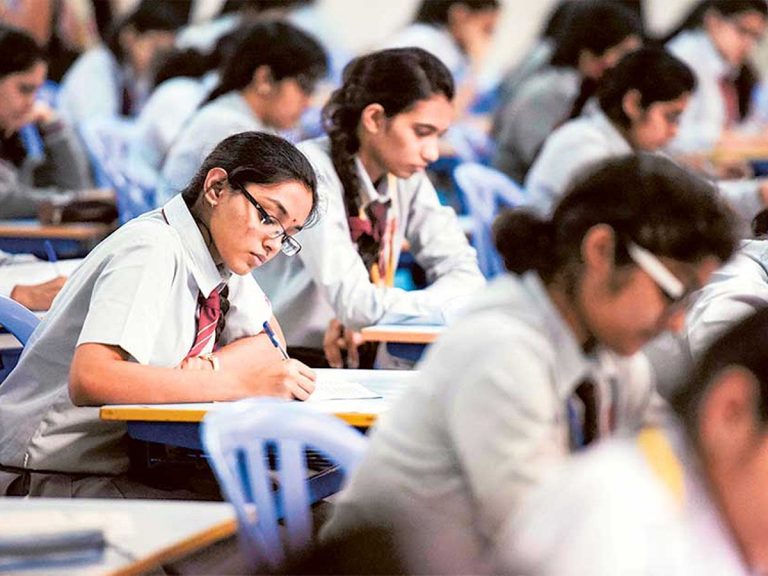Trump and Xi Jinping Hold Talks Amid Nuclear Tensions
Talks between U.S. President Donald Trump and Chinese leader Xi Jinping commenced on Thursday, as reported by Chinese state media. This meeting comes at a critical time, with rising tensions surrounding nuclear capabilities following recent developments in Russia.
Nuclear Testing Announcement
Just before the summit, President Trump announced that the United States would initiate nuclear weapons testing. This decision follows Russian President Vladimir Putin’s recent claim of successfully testing a nuclear-capable underwater drone, which has raised alarms in Washington.
In a post on Truth Social, Trump stated, “Because of other countries testing programs, I have instructed the Department of War to start testing our Nuclear Weapons on an equal basis.” He specifically mentioned Russia and China, emphasizing the need for the U.S. to maintain its nuclear superiority.
U.S. Nuclear Arsenal
Trump highlighted that the United States possesses more nuclear weapons than any other nation, asserting that his administration has made significant strides in updating and renovating existing arsenals. He noted that while Russia ranks second in nuclear capability, China is a distant third but is expected to catch up within five years.
The President did not elaborate on the specifics of the upcoming nuclear tests, only indicating that the process would commence immediately.
FAQs
What prompted the U.S. to start nuclear testing?
The U.S. decision to resume nuclear testing was influenced by recent advancements in Russia’s nuclear capabilities, particularly the testing of a nuclear-powered underwater drone.
How does the U.S. nuclear arsenal compare to other countries?
The U.S. has the largest nuclear arsenal globally, with Russia in second place and China trailing behind. However, Trump has warned that China’s capabilities may improve significantly in the coming years.
What are the implications of these talks between Trump and Xi?
The discussions between Trump and Xi are crucial for addressing global security concerns, particularly regarding nuclear proliferation and the balance of power among major nations.
Conclusion
The commencement of talks between Trump and Xi Jinping occurs against a backdrop of heightened nuclear tensions. As both leaders navigate these complex issues, the focus will be on maintaining stability and addressing the challenges posed by advancements in nuclear technology. The outcomes of these discussions could have significant implications for international relations moving forward.
The meeting between Trump and Xi is part of a broader diplomatic effort to manage escalating tensions in the Asia-Pacific region and beyond. Both leaders face domestic pressures that could influence their approach to international negotiations. For Trump, the focus on national security and military readiness resonates with his base, while Xi is navigating a complex landscape of economic challenges and international scrutiny regarding China’s military expansion and human rights issues.
The backdrop of these talks includes not only the nuclear capabilities of Russia and China but also the evolving geopolitical landscape, where alliances and rivalries are continuously shifting. The United States has been vocal about its commitment to countering perceived threats from both nations, which has led to increased military presence in the region, including joint exercises with allies such as Japan and South Korea. This military posture is intended to deter aggression and reassure partners of U.S. commitment to regional stability.
Moreover, the implications of nuclear testing extend beyond immediate military concerns. They raise questions about arms control agreements and non-proliferation efforts that have been in place since the Cold War. The potential resumption of nuclear testing by the U.S. could undermine existing treaties and provoke a new arms race, prompting other nations to enhance their own arsenals in response. As the world watches these developments, the outcomes of the Trump-Xi talks will be closely analyzed for their potential to either escalate tensions or foster a more cooperative approach to global security challenges.
Also Read:
Trump Advances Trade Talks and Receives Honors in South Kore







